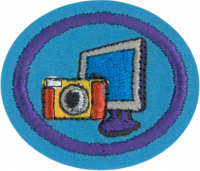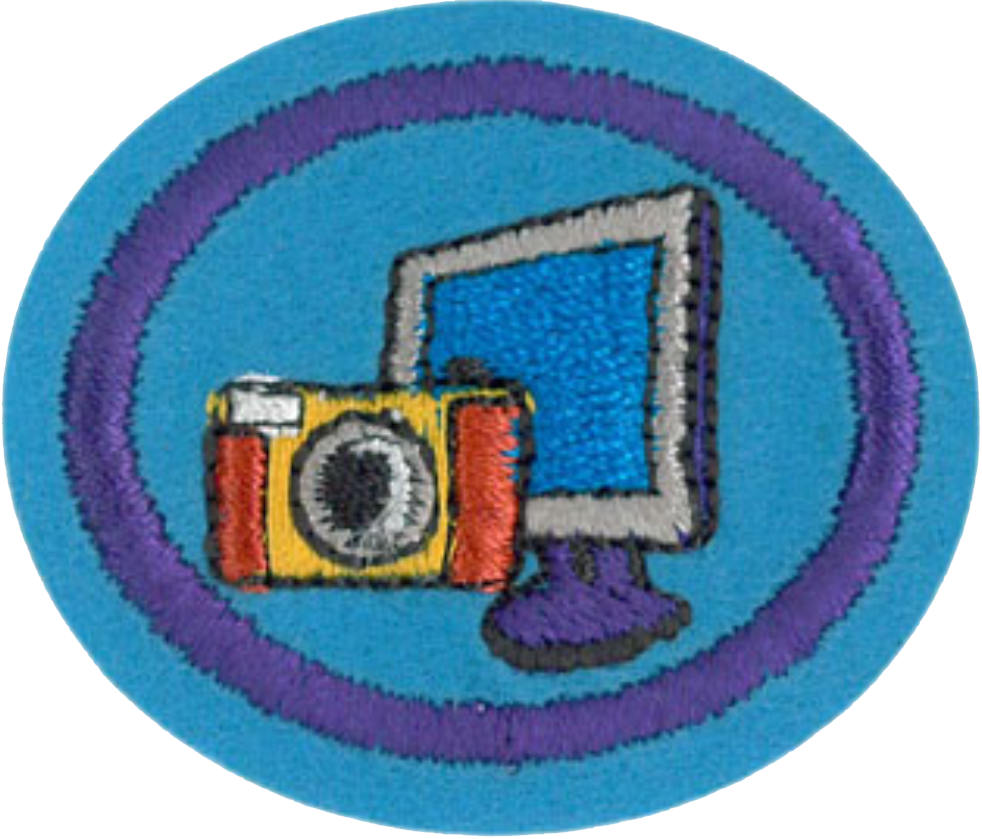Difference between revisions of "AY Honors/Digital Photography/Requirements/en"
(Updating to match new version of source page) |
(Updating to match new version of source page) |
||
| Line 80: | Line 80: | ||
<noinclude></noinclude><section end=req11 /></b> | <noinclude></noinclude><section end=req11 /></b> | ||
<section end=Body /> | <section end=Body /> | ||
| − | |||
| − | |||
| − | |||
| − | |||
Latest revision as of 22:03, 20 July 2022
1. Explain the following:
- a. The principles of digital camera construction and how a digital camera works.
- b. The effect of light on an image sensor.
- c. How color images are created from the BW image the sensor captures.
- d. What the camera lens does; what focal length means.
2. How are lens aperture and depth of field related?
3. Describe pixels, image resolution, and image size.
4. What are the two types of image compression?
5. Name and describe three types of image formats.
6. Give the principal uses of photography:
7. Take pictures illustrating at least eight of the following techniques. Use comparison pictures for illustration:
- a. Framing.
- b. Camera Steadiness.
- c. Direction of lighting - front, side, or backlighting.
- d. Quality of light - shade, sunlight, and time of day.
- e. Rule of thirds.
- f. Angle - eye level, high, and low level.
- g. Level horizon.
- h. Distance from subject - fill the frame.
- i. Use of leading lines.
- j. Correct exposure - underexposed, overexposed, and correctly exposed.
- k. Use of flash - proper distance and reflective objects.
8. Learn how to place photos in PowerPoint. Create a PowerPoint presentation showing the pictures you took using the above techniques.
9. Using a photo editing program on a computer, show ability to crop, color correct, sharpen, and adjust brightness/contrast to photos.
10. Complete at least three creative photographic projects in a photo editing program; such as a CD cover, a photo scrapbook page, a collage, etc.
11. Have a basic understanding of file organization techniques.


